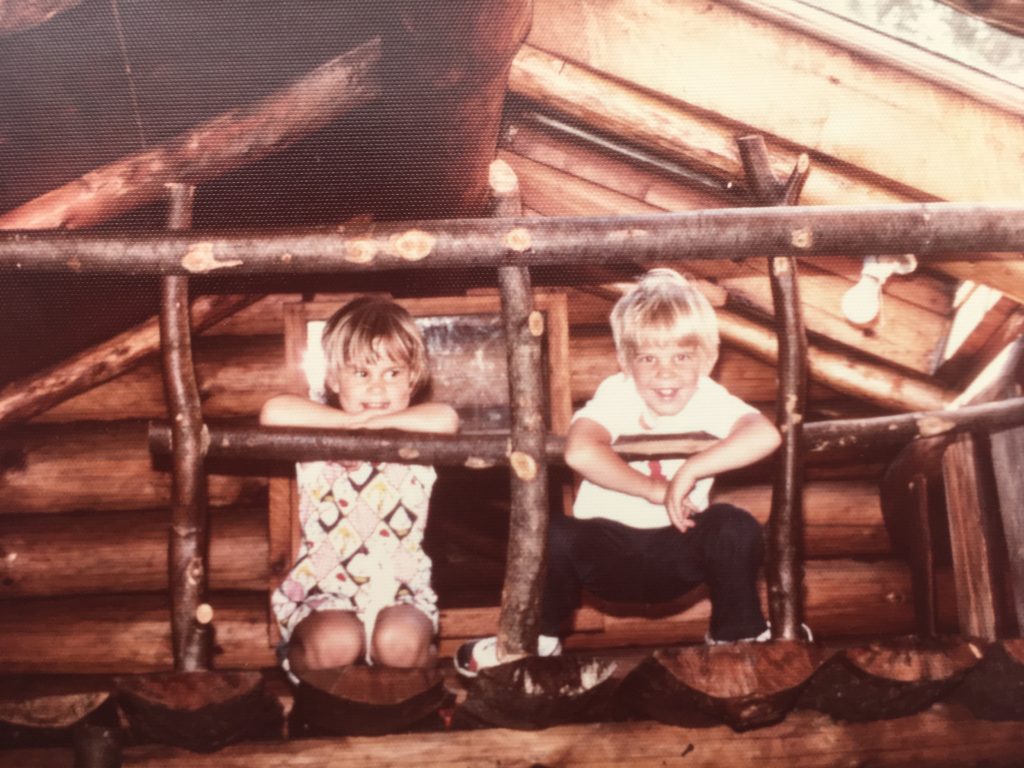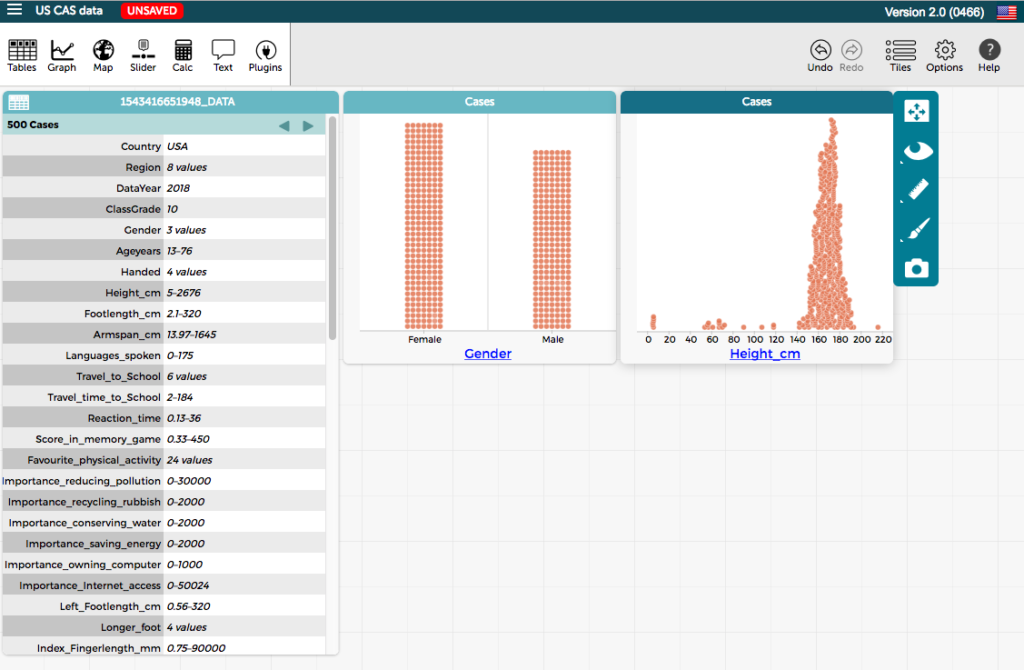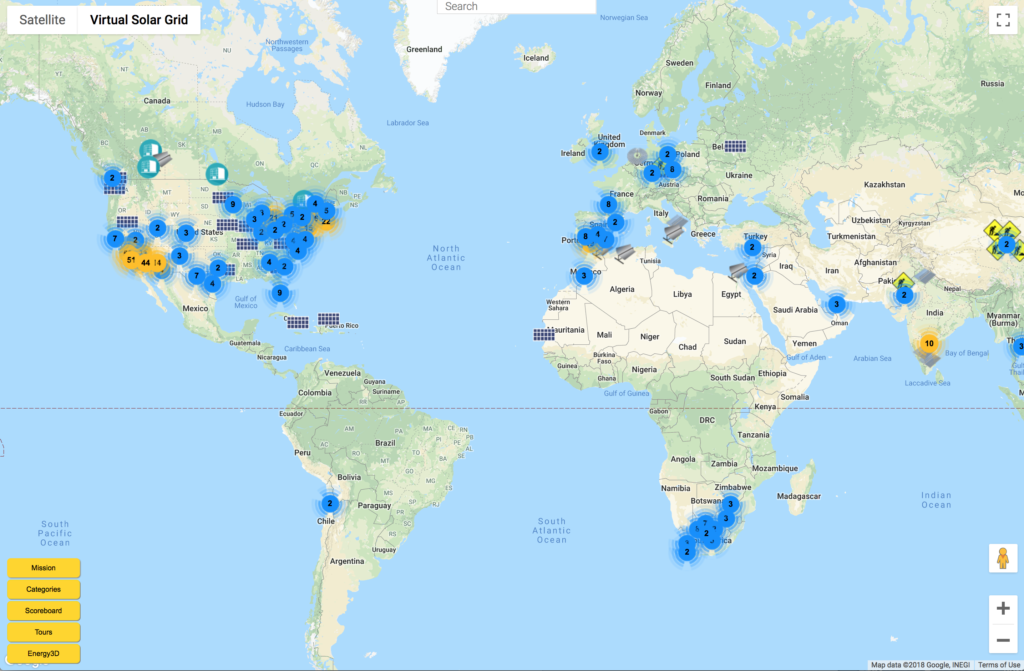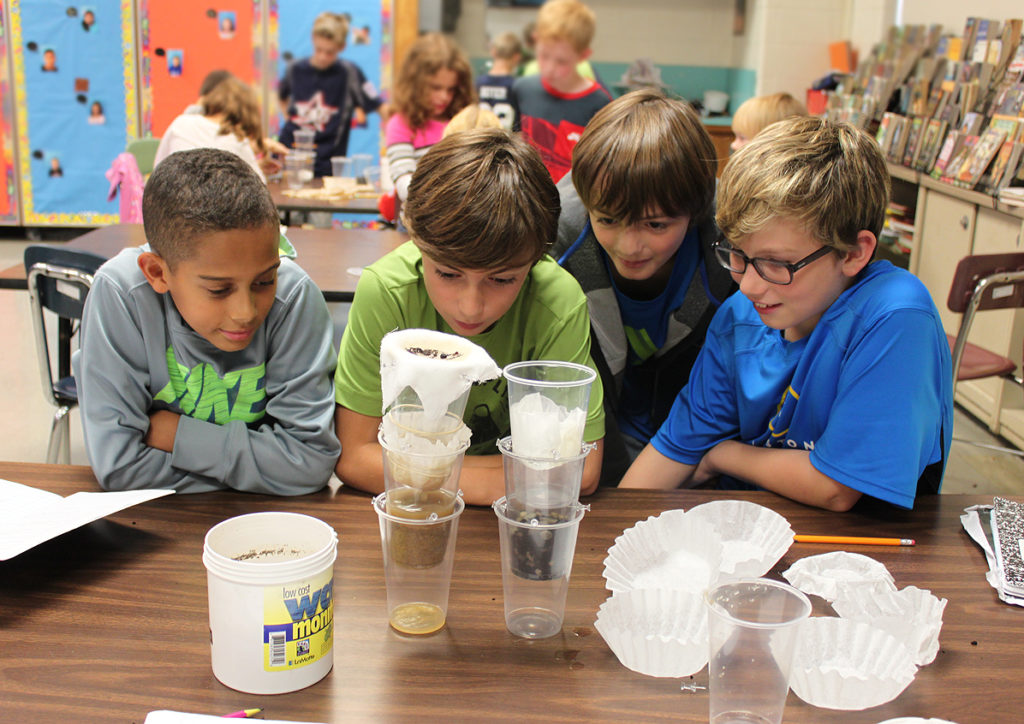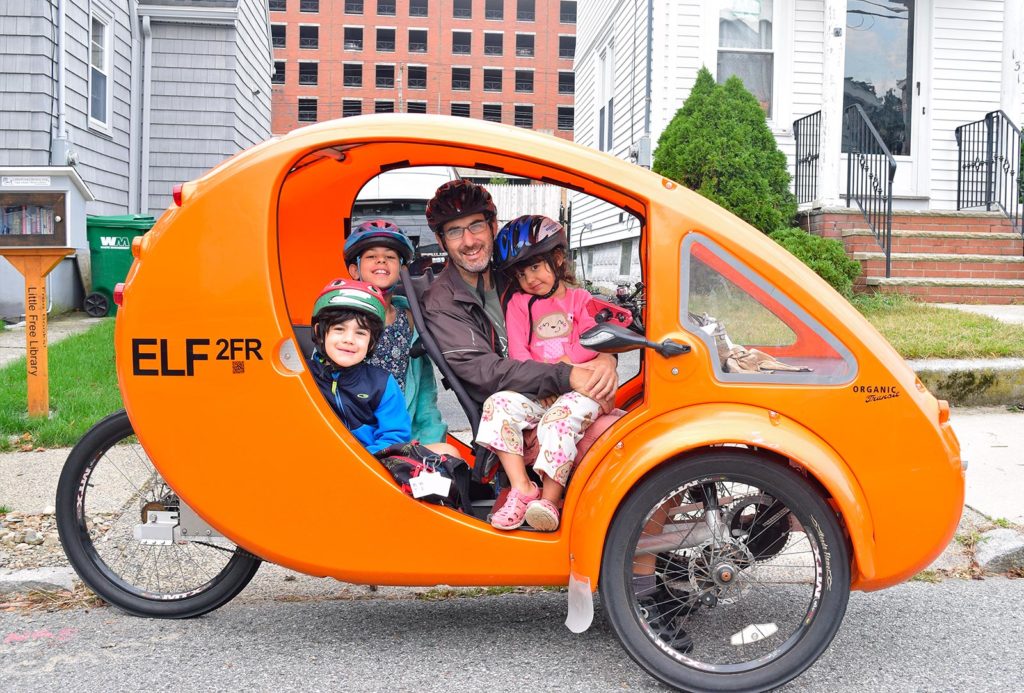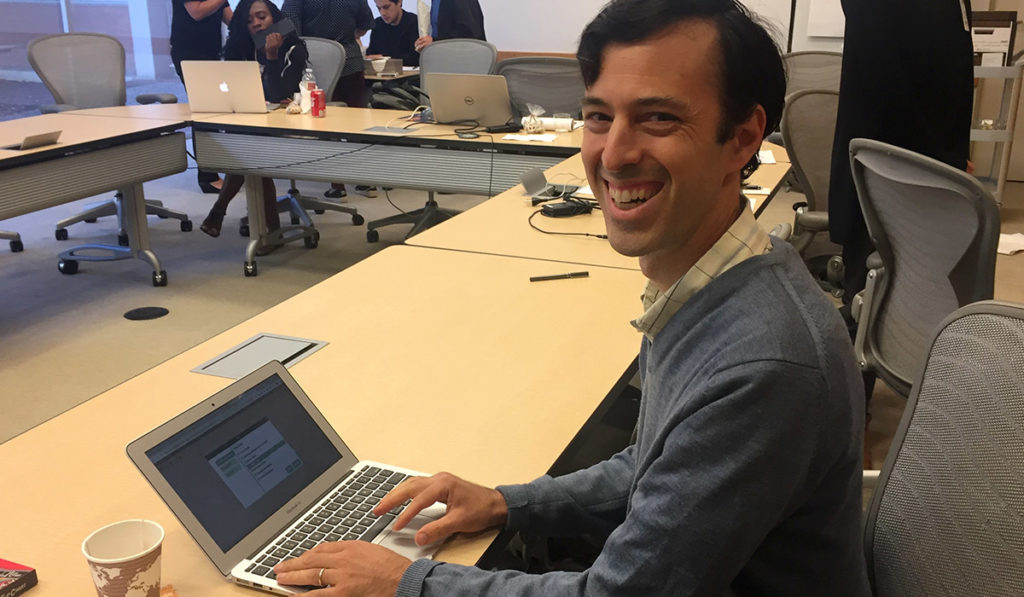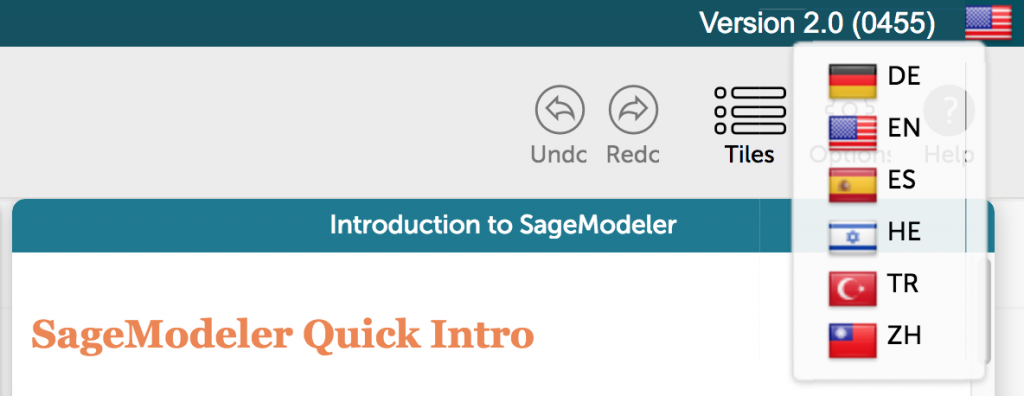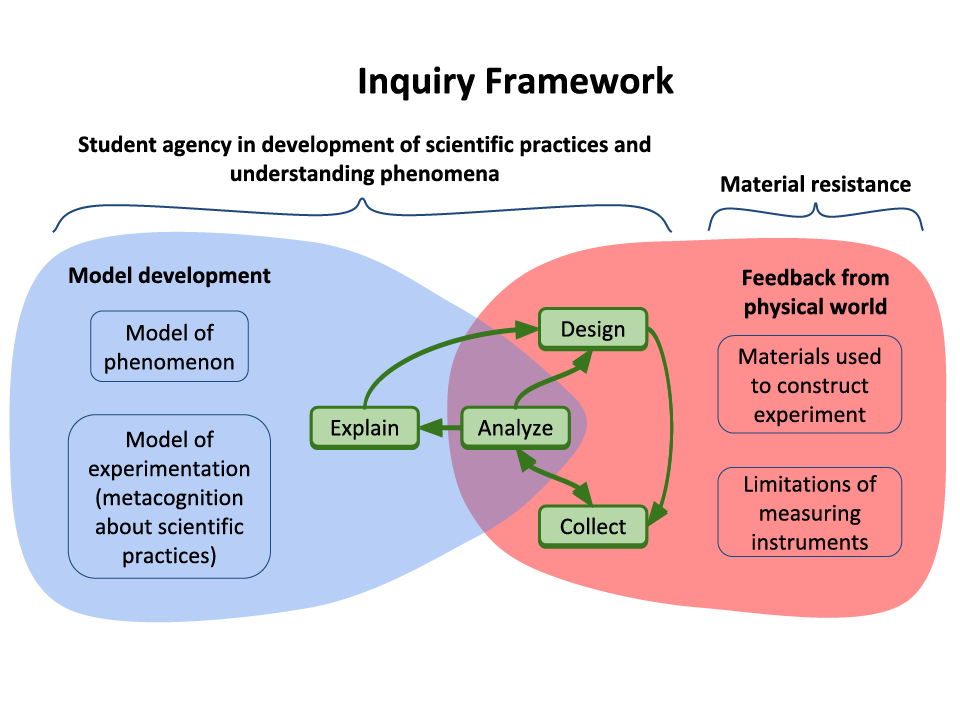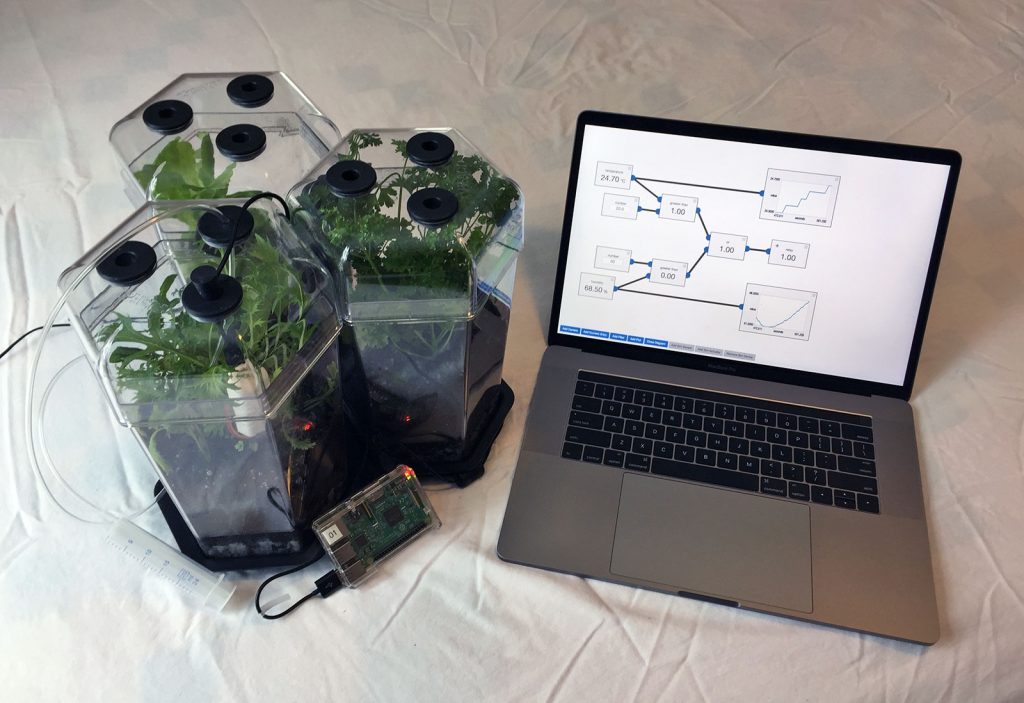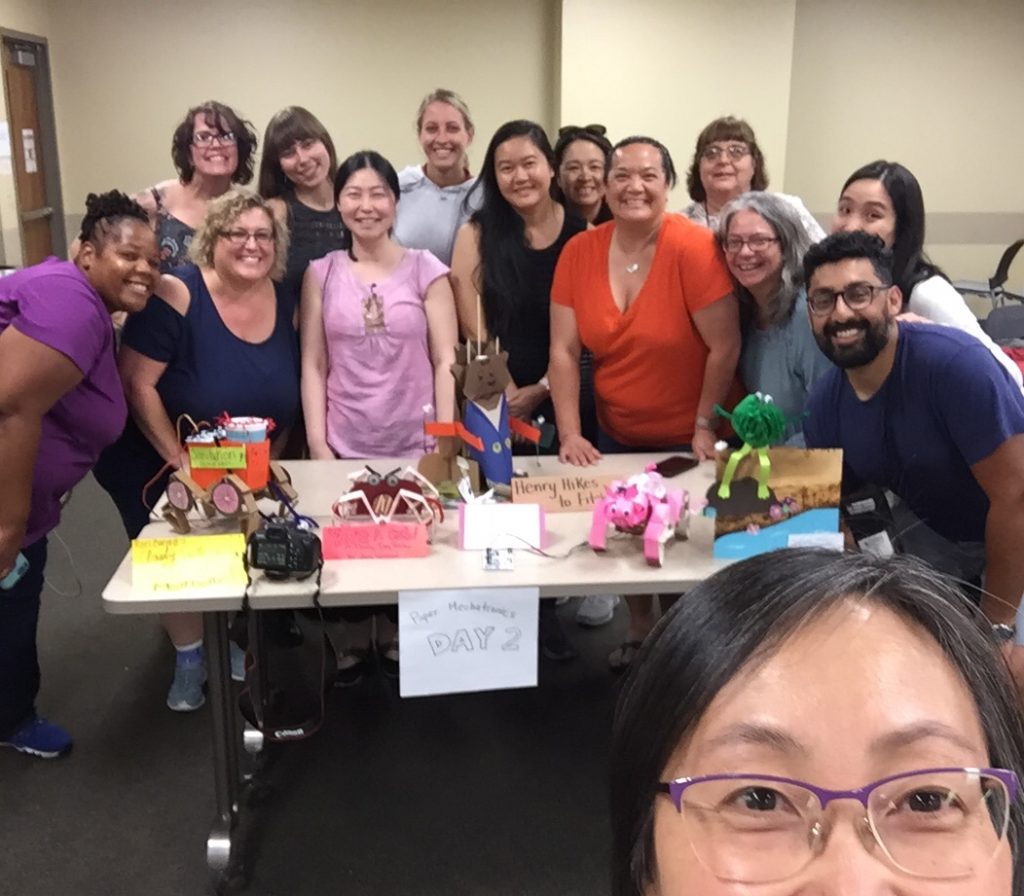Category: Author: Concord Consortium
The Concord Consortium celebrates its 25th anniversary this year. This milestone occasion coincides with another notable event: ten years ago Chad Dorsey became only the second President and CEO in the organization’s history. He followed in the footsteps of our founder, Bob Tinker, who, like Chad, was a physicist.
On November 14 Concord Consortium’s own Bill Finzer gave a webinar for the American Statistical Association entitled “Making Data Moves Using Free Online CODAP Software with Census at School Data.” View the webinar slides or watch the video recording now, plus get free resources: Data cleaning report for Census at Schools from students at UCLA […]
Find out how high school students can design and evaluate efficient and affordable solar power systems—even for their own school—in the November/December 2018 issue of The Science Teacher. Co-authored by Concord Consortium researchers Jie Chao, Charles Xie, and Corey Schimpf, with education consultants Joyce Massicotte and Jeff Lockwood, and Stoughton High School science teacher Craig Beaulieu, […]
An article in the October 2018 issue of Science and Children looks at groundwater and the natural processes of infiltration as a vital means for cleaning our water. Co-authored by Jonathon Kilpatrick (Greenwood Elementary School in Pennsylvania), Nanette Marcum-Dietrich and John Wallace (both of Millersville University of Pennsylvania), and Concord Consortium Senior Scientist Carolyn Staudt, […]
Figure 1. Software architect Scott Cytacki with his three kids in their solar-powered ELF. You may not know Scott Cytacki by name but if you’ve used STEM Resource Finder curriculum materials or an InquirySpace investigation or a Model My Watershed activity, or any number of our educational resources, you can appreciate Scott’s deep commitment to […]
Most teachers have a first-year-teaching story. Few have one like Matthew d’Alessio’s. His first teaching experience was at California’s notorious San Quentin State Prison, the largest prison in the country, where he taught math and geology in the Prison University Project, the only college program inside a California prison. “The students were among the most […]
As our senior software engineer Kirk Swenson said in a recent @Concord article, the Concord Consortium is all about impact: getting more students in more places doing STEM inquiry. Since only about 5% of the Earth’s population speaks English as a first language, it makes sense to reach beyond English to make our free resources […]
How do students learn to think like scientists so they can uncover the natural world’s secrets? Scientific experimentation allows students to discover some of nature’s secrets. However, it is not simply about collecting data through the use of various apparatus, whether it’s a conventional microscope or advanced computer technologies. Scientific experimentation requires students to engage […]
In the midst of the data deluge, data seem to be everywhere. With the advent of ubiquitous Internet of Things sensors, data now seem to be a part of the natural world around us, too. And along with this idea that data exist everywhere, we often say that scientists collect data (think: collecting blueberries, in […]
Design thinking and engineering design is often taught as a linear, structured approach, but with Paper Mechatronics, tinkering is key. During two different July workshops a group of teachers and some young girls explored a more creative approach to learning design: blending crafts with electronics, coding, and mechanisms. Infosys Foundation USA Pathfinders Summer Institute 2018 […]
